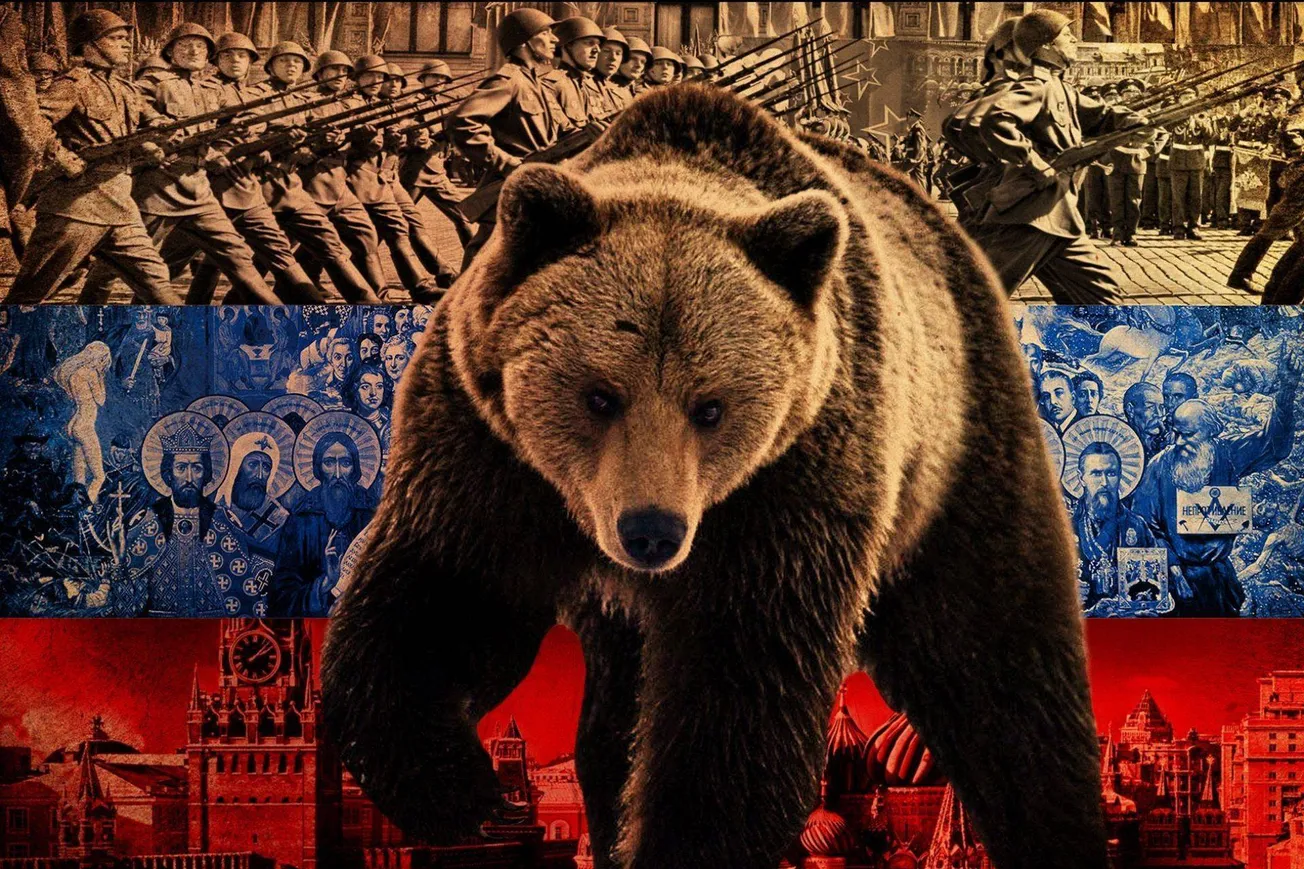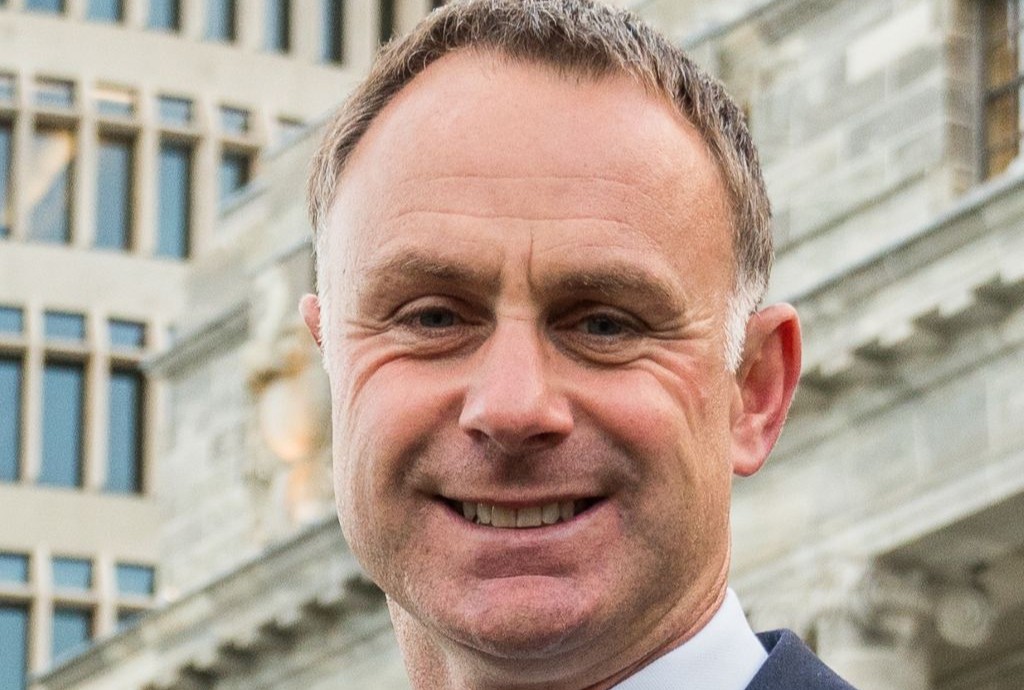Table of Contents
5th April 2021
Russia’s deputy foreign minister, Alexander Fomin paid a visit to Nay Pyi Taw on Army day and met with the coup leaders, saying Moscow was “committed to a strategy aimed at bolstering relations between the two countries.”
Russia has been Myanmar’s second-largest source of arms since 2008, supplying $835m worth of products compared with $1.5bn from China, according to the Stockholm International Peace Research Institute. Russia, alongside China, also initially blocked a resolution at the UN Security Council condemning the coup in February.
Friday’s talks followed a visit by Russia’s defence minister Sergei Shoigu to Myanmar a week before the military takeover, where he agreed a number of arms deals including for surveillance drones. Min Aung Hlaing has also visited Russia six times, according to local media, most recently in June last year to attend celebrations marking the 75th anniversary of Russian Victory Day, which commemorates victory over Nazi Germany.
So, what did they really discuss at this timely meeting?
Russia said it was seeking to deepen ties with Myanmar’s military junta as its deputy defence minister held talks with the country’s commander-in-chief, Min Aung Hlaing, who led the coup against the democratic government last month. In the most high-profile visit to the country by a foreign power since Aung San Suu Kyi’s government was overthrown. The show of support for the military junta contrasts sharply with condemnation from western powers and comes as Moscow seeks greater influence in the south-east Asian country.
Neighbouring China is Myanmar’s pre-eminent foreign partner, but successive governments have worried about relying too heavily on Beijing for diplomatic and economic support and have cultivated ties with other powers in the region. “The parties positively assessed their rapidly developing mutually beneficial relations in the military sphere and reaffirmed their intention to make the most of the existing potential in order to deepen military and military-technical co-operation in the spirit of strategic partnership,” Russia’s defence ministry said in a statement published by Interfax, a Russian newswire.
Russia has been Myanmar’s second-largest source of arms since 2008, supplying $835m worth of products compared with $1.5bn from China, according to the Stockholm International Peace Research Institute. Russia, alongside China, also initially blocked a resolution at the UN Security Council condemning the coup in February.
Friday’s talks followed a visit by Russia’s defence minister Sergei Shoigu to Myanmar a week before the military takeover, where he agreed a number of arms deals including for surveillance drones. Min Aung Hlaing has also visited Russia six times, according to local media, most recently in June last year to attend celebrations marking the 75th anniversary of Russian Victory Day, which commemorates victory over Nazi Germany.
The Russian visit was a rare show of support for Myanmar’s military, which has faced widespread opprobrium and the prospect of a return to international isolation following the coup, which it justified with allegations of fraud in an election in November.
Aung San Suu Kyi and other senior members of her National League for Democracy party remain in detention, but deposed MPs have formed an interim shadow government, which on Friday was nominated for the Nobel Peace Prize by a group from the University of Oslo.
FT 26th March 2021
This would go a long way to explaining the reluctance of Russia and China to ally with the rest of the UN security council and condemn the coup.
The United States, Canada and New Zealand have already imposed sanctions on military leaders and pressure is mounting on the European Union, Australia and Japan to follow suit.
“Faced with the threat of sanctions from the West, Myanmar sees Russia as a natural ally in thwarting Western pressure and in managing regime consolidation,” said Mohan Malik, visiting fellow at the Near East South Asia Center for Strategic Studies, a U.S. Defense Department institution in Washington.
“Given China’s tendency to extract maximum concessions for its backing of the junta, Russia plays an important role as a counterweight to China both as an arms supplier and as a permanent member of the UNSC,” he said, referring to the U.N. Security Council.
According to the Stockholm International Peace Research Institute, Myanmar spent $2.4 billion on weapons between 2010 and 2019, including $807 million on Russian-made arms and $1.3 billion on Chinese munitions, often criticized as faulty.
Moscow has faced growing criticism at home from its own Muslim community incensed over Myanmar’s alleged ethnic cleansing of Rohingya Muslims in 2017, blamed on Min Aung Hlaing.
Protests have erupted in Grozny, where Chechen president Ramzan Kadyrov warned he would oppose policies that support the Myanmar junta and has reportedly found support among Muslims in the neighbouring Caucasus regions and elsewhere in the Russian Federation.
Analysts, though, said Moscow’s appetite for access to railroads, seaports and trade routes and its liking for barter deals, which appeals to the junta, would counter any opposition at home.
“The most interesting thing I think we see in the Russian case is some of the frankness on the Russian side about what this means for the future of Myanmar-Russian relations,” Murg said.
“You see defense contractors, others, basically licking their lips saying this is a new day, there are a lot of new opportunities for Russians in a post-coup Myanmar,” he added.
An initial military-technical agreement was reached between Myanmar and Russia in 2001, according to the Warsaw Institute, a nonprofit Polish think tank.
Myanmar has since acquired 30 Russian-made MiG-29 jet fighters, 12 Yak-130 jet trainers, 10 Mi-24 and Mi-35P helicopters, and eight Pechora-2M anti-aircraft missile systems, as well as unmanned aerial vehicles, anti-tank and artillery systems and six Su-30SME warplanes.
In late 2019 Russian Deputy Defense Minister Alexander Fomin confirmed progress in fresh efforts at developing military cooperation with Myanmar, along with Cold War allies Vietnam, Cambodia and Laos.
Then, a week before the coup, Russian Defense Minister Sergei Shoigu went to Myanmar and signed off on a deal to supply the formidable Pantsir-S1 air defense system, Orlan-10E surveillance drones and radar equipment. He also finalized a flight safety agreement.
Arun Sahgal, senior fellow for strategic and regional security at the Delhi Policy Group in India, said democracy remains an issue but, importantly for Moscow and Naypyitaw, India – a major buyer and servicer of Russian arms – would continue to do business with the junta.
Sahgal said India will “need to have a dealing with the government of Myanmar whoever is there and from inside to push the generals on the path of reconciliation with the political class rather than make a big song and drum about it.
“But they also look at Russia as a source of reasonably cheap weapons systems which are good, and which suits their purpose and there is also an eye that whatever they buy it can be maintained either by Russians or through contacts with India,” Sahgal added.
VOA 28th February 2021.
These reports have been tucked away and not generally reported by the MSM.
Russia is obviously trying to benefit financially from the situation but is also playing a strategic game. Chinese diplomats have recently been laying claim to Vladivostok and other parts of Russia’s far east. By getting involved in Myanmar and extending its influence on China’s southwestern border it is giving China a prod.
China is very wary of the EAOs in Myanmar extending their actions over the border into China and spreading the philosophy of independence (heaven forbid). Major diplomatic and financial incursions by Russia into Myanmar could prove very disturbing to China and give it problems in developing its BRI towards the Indian ocean.
The west has been slow to counter all this action and with support from Russia, both on the ground and at the UN, things can only get bloodier. Remember what happened in Syria after Russia gave it support? Myanmar is in danger of becoming a failed state, which is the last thing China wants on its borders.
Please share this article so that others can discover The BFD









